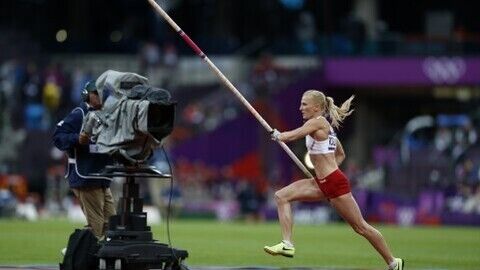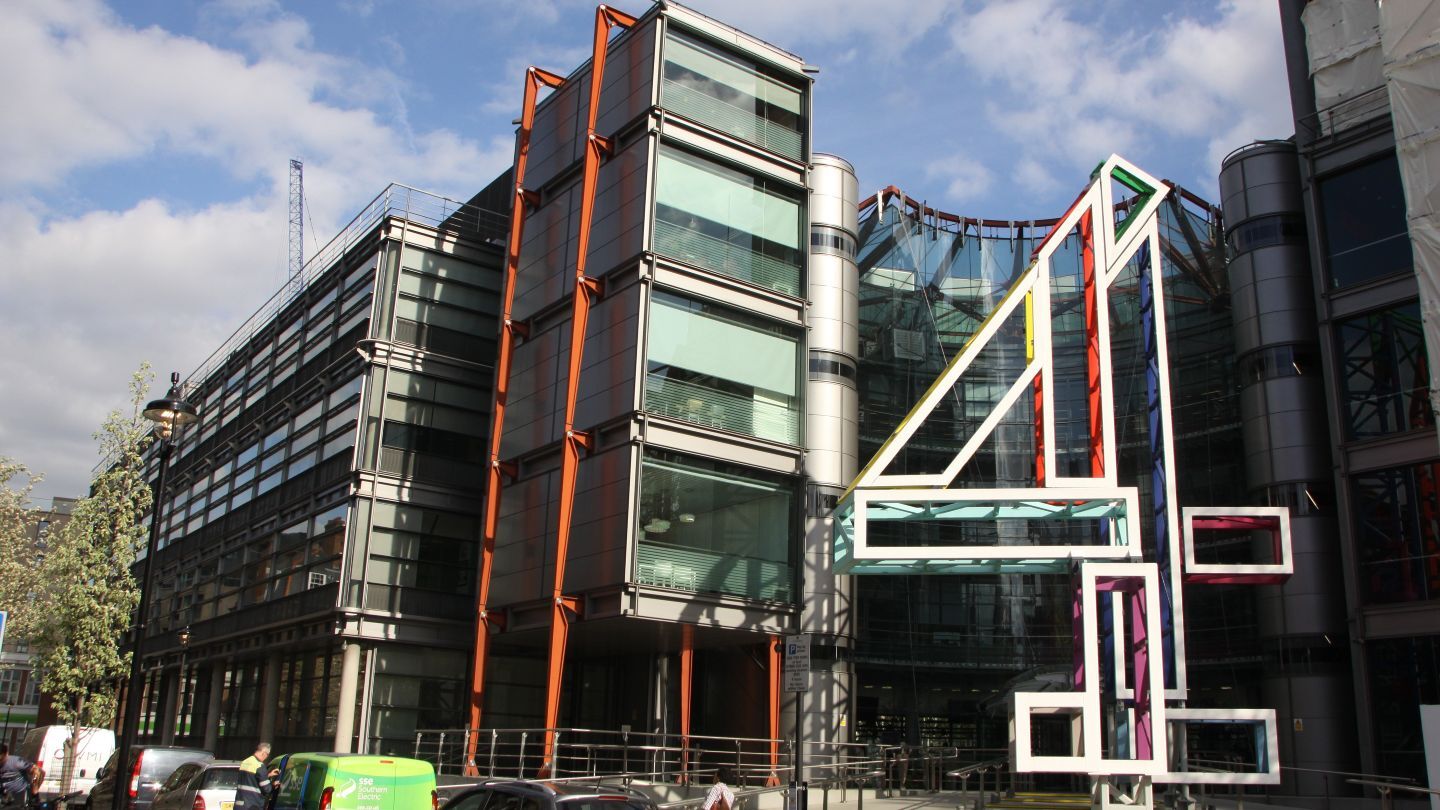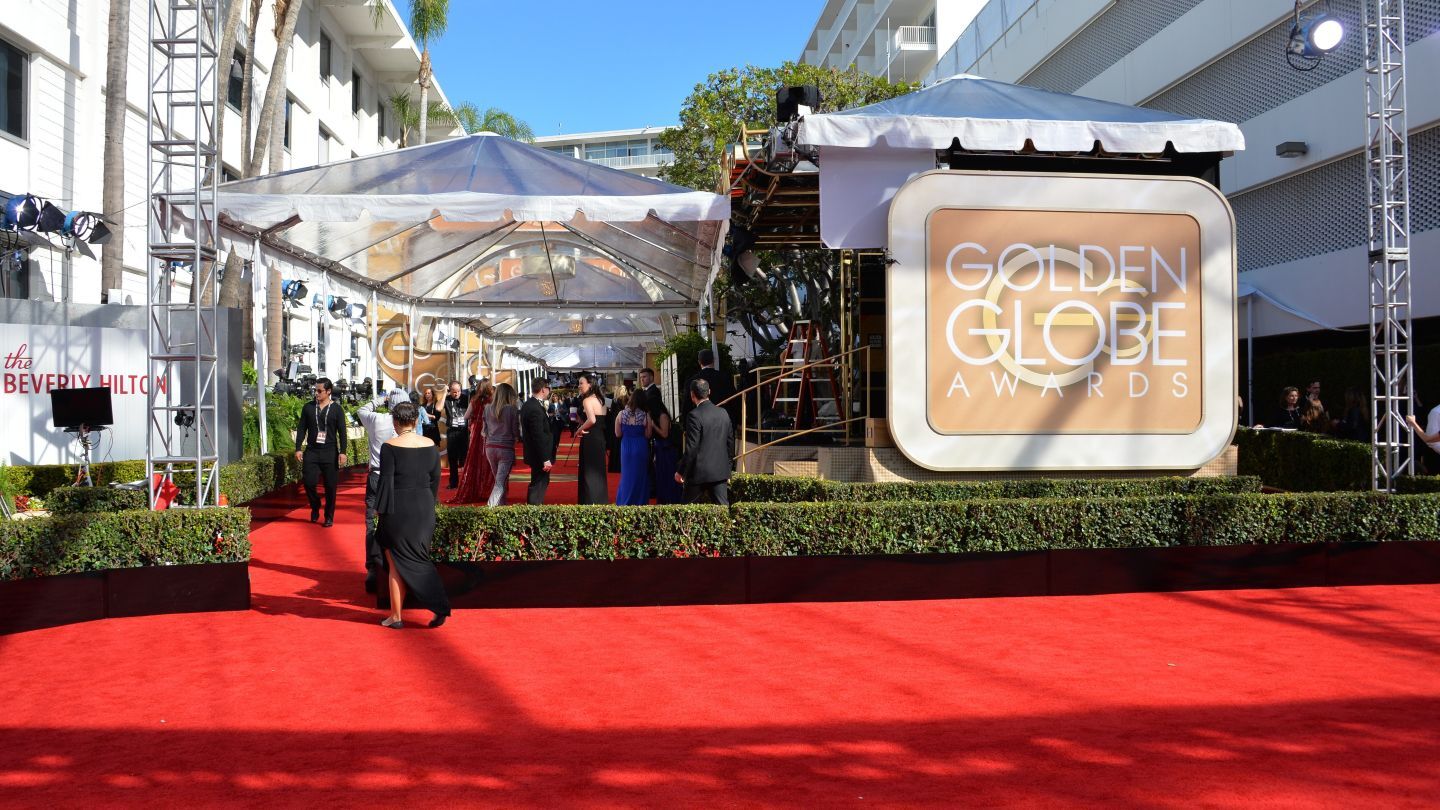With one year to go before the Paris 2024 Olympics, the final countdown has begun for those responsible for broadcasting the Games which run from 26 July -11 August, 2024.
220 media rights holder (MRH) execs gathered in the French capital last week for a World Broadcaster Meeting (WBM) overview of the production and technical plans for the Games by host broadcaster Olympic Broadcasting Services (OBS), in cooperation with Paris 2024.
OBS and Paris 2024 took MRHs on a venue tour, including visits to Vaires-sur-Marne Nautical Stadium, where canoe slalom, canoe sprint, and rowing events will take place, and the Grand Palais, currently undergoing refurbishment, which will showcase fencing, taekwondo, wheelchair fencing, and para taekwondo competitions.

MRHs were also led to the Champ de Mars Arena, where the spotlight will focus on judo, wrestling, para judo, and wheelchair rugby events, as well as the Stade de France, serving as the venue for athletics track and field, rugby sevens, para athletics, and the Closing Ceremonies. The tour also travelled to the Aquatics Centre, still under construction but set to host diving, artistic swimming, and water polo preliminaries during the Games.
MRHs also visited the International Broadcast Centre (IBC), the main hub of the broadcast operations for OBS and MRHs during the Games. The IBC will be located in the existing Paris Le Bourget Exhibition Centre Halls 2B, 3, 4 & 5.
Paris 2024 has started the temporary overlay of the facility and will hand over the IBC to OBS in January 2024 when OBS will begin fit-out works on MRH and OBS space. The first MRHs are expected to start moving into the facility in May. The IBC will become a 24/7 facility from 26 June 2024.
OBS plans to provide more content than ever before, with more than 11,000 hours expected to be produced for the Olympic Games, including more athlete-centric coverage and behind-the-scenes material, pre-and post-competition.
OBS will use cinematic lenses for the first time, with shallower depths of field to bring the viewers into the heart of the action and convey the athletes’ emotions. Additionally, OBS will use technology to enhance storytelling with access to more data and providing more immersive solutions. This includes an increased number of multi-camera replay systems as well as dynamic graphics such as live pinning and biometrics data.
OBS also provided the details of the technical set-up being implemented to support both OBS and MRH broadcast operations in Paris and outside of Paris, along with a suite of cloud-based tools enabling live signal distribution, remote production, and flexibility.
The Organising Committee also provided updates to the MRHs on the competition schedule; competition venues and infrastructure; security; arrivals and departures; transportation; accommodation; accreditation; visa; labour regulations; the Look of the Games; and celebrations sites.
Etienne Thobois, the Chief Executive Officer (CEO) of Paris 2024, reassured MRHs about Paris 2024’s readiness: “We will be ready. We are very confident that we will be able to deliver fantastic Games again. The pieces of the puzzle are starting to come together very nicely, thanks to the fantastic work in the delivery of all the infrastructures. Everything will be delivered on time and on budget, which is a great comfort for us.”
OBS CEO Yiannis Exarchos also provided MRHs with an update on the operational test conducted by Paris 2024 for the Opening Ceremony on the Seine River, on 17 July 2023. For this, OBS deployed three custom-made boats, equipped with state-of-the-art camera systems specifically designed and tailored to capture the boats’ parade on the river and offer high-quality, stabilised images.
You are not signed in
Only registered users can comment on this article.

SMPTE, EBU, and ETC research AI’s impact on the media
The Society of Motion Picture and Television Engineers (SMPTE) has teamed up with the European Broadcasting Union (EBU) and the Entertainment Technology Center (ETC) on a new engineering report on artificial intelligence (AI) and its effect on media.

Nigel Warner to succeed John McVay as CEO of Pact
UK producers' body Pact has named Nigel Warner, UK Policy Consultant to the Motion Picture Association and Special Counsel at Lexington, as its next CEO.

UK film and TV industry backs clean power plan
The UK film and TV industry has agreed on a plan to permanently shift to clean solutions for temporary power on sets.

Sky’s Priya Dogra to become Chief Executive of Channel 4
Priya Dogra will become the next Chief Executive of Channel 4. Currently Chief Advertising, Group Data, and New Revenue Officer at Sky, Dogra will succeed interim Jonathan Allan in March 2026.

One Battle After Another, The White Lotus, and Adolescence lead Golden Globe nominees
One Battle After Another, The White Lotus, and Adolescence have emerged as the frontrunning films and TV shows for the 2026 Golden Globes.




